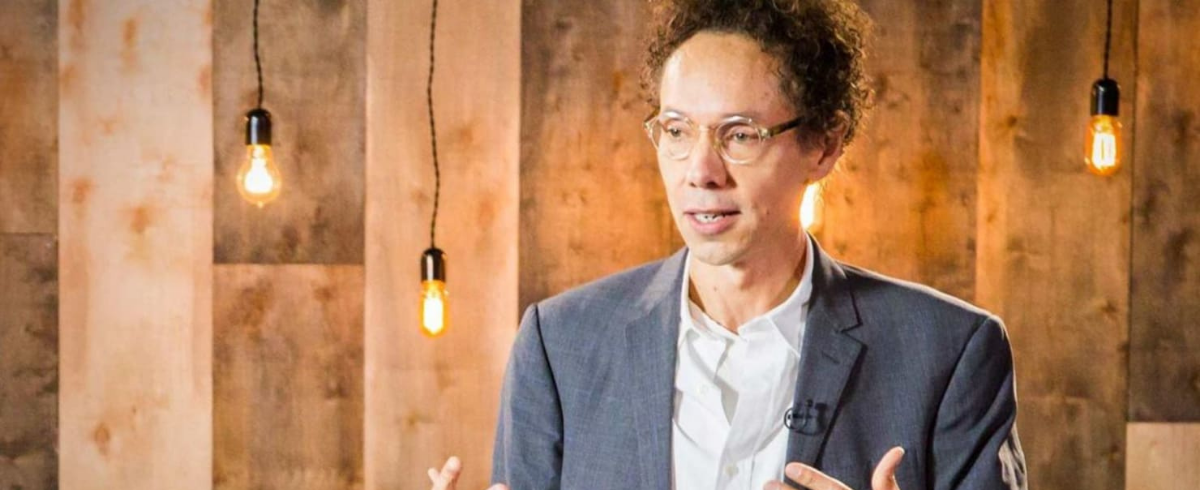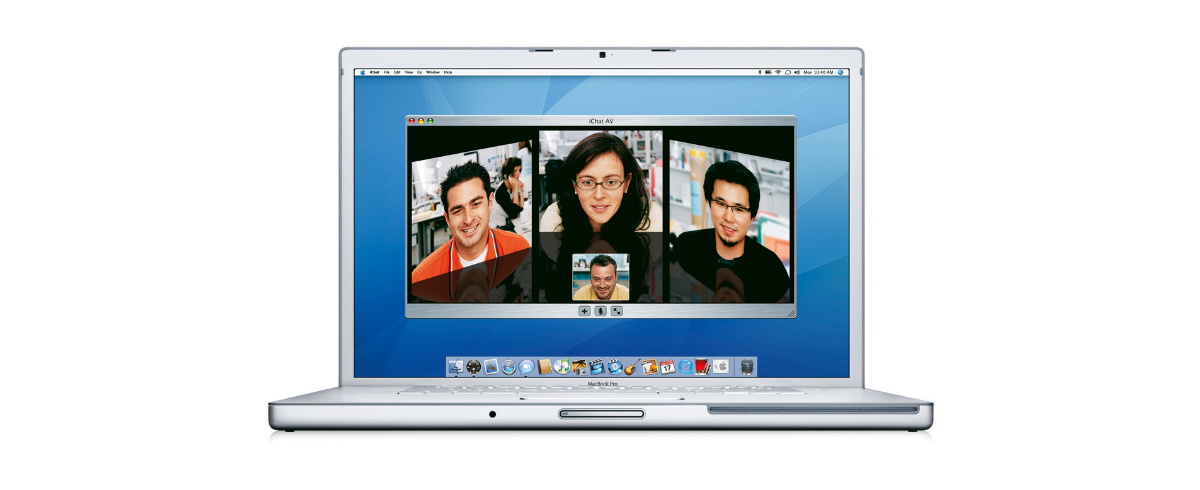Với tư cách là một “chuyên gia về hạnh phúc” (hãy thử tìm kiếm chuyên gia về hạnh phúc trên Google cho vui), tôi thường được yêu cầu tóm tắt những gì tôi đã học được từ những cuốn sách và bài báo tôi đã đọc và viết. Dành cho tất cả những người lười biếng ngoài kia, đây là phiên bản cô đọng 🙂
Hầu hết mọi người, thông qua sự kết hợp giữa trình độ học vấn và gen, đều có được mức độ hạnh phúc nhất định. Mặc dù hoàn cảnh có thể thay đổi mức độ đó nhưng chúng ta thường quay trở lại mức trung bình của mình.
Mặc dù vậy, có 10 điều bạn có thể làm để cải thiện mức độ hạnh phúc trung bình của mình. Chúng nghe có vẻ giả tạo, nhưng chúng có tác dụng.
Vậy 10 điều đó là:
1. Hãy biết ơn những gì bạn có – dù tệ đến mức bạn nghĩ mình có nó, bởi thực tế là bạn đang đọc cuốn sách này, bạn đang khá giả hơn 95% dân số thế giới – nếu không muốn nói là hơn. Bạn có thể khỏe mạnh và có những cơ hội tuyệt vời. Hãy thử cách sau: mỗi tối trước khi đi ngủ hãy viết ra 3 điều tốt đẹp đã xảy ra với bạn ngày hôm đó. Nó nhân tạo nhưng nó hoạt động. Bạn sẽ ngủ ngon hơn và hạnh phúc hơn.
2. Hãy lạc quan . Ngay cả khi hơi ảo tưởng, bạn sẽ có một cuộc sống hạnh phúc hơn. Sự lạc quan tạo ra sự tự tin.
3. Duy trì một vài tình bạn thân thiết và ý nghĩa . Chúng ta chỉ tồn tại trong chừng mực chúng ta tồn tại trong mắt những người mà chúng ta quan tâm. Có người quen (dù sao thì con người chúng ta cũng là động vật có tính xã hội). Đầu tư thời gian bạn cần để có tình bạn sâu sắc với gia đình, bạn bè, v.v.
4. Giảm thiểu việc đi lại của bạn . Đó là một biến số nằm ngoài tầm kiểm soát của bạn (giao thông, đình công, v.v.) và nó có thể làm mất thời gian cá nhân và/hoặc công việc. Nếu bạn đi làm, hãy tận dụng nó như một cơ hội để thỏa mãn sở thích của mình, chẳng hạn như nghe NPR, đọc kinh tế học, học một ngôn ngữ… hát.
5. Cung cấp cho cơ thể giấc ngủ cần thiết : bạn sẽ hoạt động tốt hơn, suy nghĩ tốt hơn, hạnh phúc hơn. Lưu ý: một số nghiên cứu về giấc ngủ cho thấy mọi người cảm thấy được nghỉ ngơi tốt hơn khi thức dậy vào cùng một thời điểm mỗi sáng.
6. Có ước mơ và khát vọng . Quan trọng là hành trình chứ không phải đích đến. Giấc mơ cung cấp phương hướng. Chúng có thể lớn hoặc nhỏ tùy theo ý muốn của bạn. Nếu bạn đạt được chúng, hãy lấy những cái mới.
7. Đừng nhầm lẫn tiền bạc với hạnh phúc . Trái ngược với niềm tin phổ biến, chúng ta thích nghi rất tốt với mức sống thấp hơn. Tuy nhiên, khi chúng ta thích nghi với mức độ thoải mái hiện tại, chúng ta có thể trở nên thiên về vật chất và gặp nhiều rủi ro hơn. Tiền giống như chiếc bánh kếp – một phần mười chiếc bánh khiến bạn chết đói, nhưng sau 4 hoặc 5 chiếc bánh bạn không thèm ăn nữa.
8. Tìm tình yêu – từ những chú chó con, bạn bè, gia đình và/hoặc những người quan trọng khác của bạn.
9. Tập thể dục nhiều : adrenaline, endorphin và thuốc phiện được giải phóng rất tốt cho bạn.
10. Quan hệ tình dục nhiều . Bạn sẽ hạnh phúc lâu hơn bạn dự đoán. Hạnh phúc kéo dài ngoài thời kỳ giao hợp đến ngày hôm sau.
Điểm cuối cùng: Bạn có thể nghĩ rằng hạnh phúc khiến bạn mỉm cười nhưng cũng có quan hệ nhân quả ngược: mỉm cười khiến bạn hạnh phúc. Những người nhận được botox báo cáo sự cải thiện về lòng tự trọng và hạnh phúc. Bởi vì họ không thể cau mày – thậm chí trong tiềm thức, họ bị người khác nhìn nhận một cách khác biệt và không học cách cau mày trong nhiều tháng sau tác dụng của thuốc.
Thế là xong 🙂 Bây giờ nó đã nằm trong tay bạn nên hãy tiếp tục và hạnh phúc!














